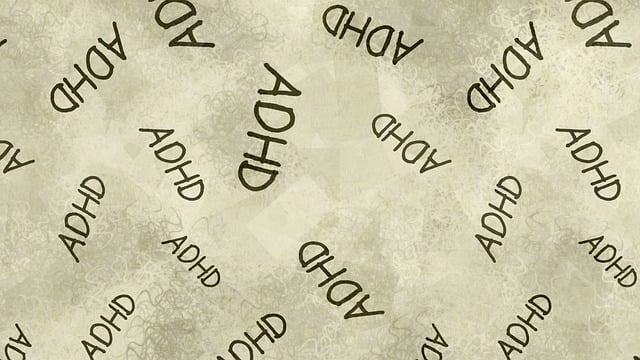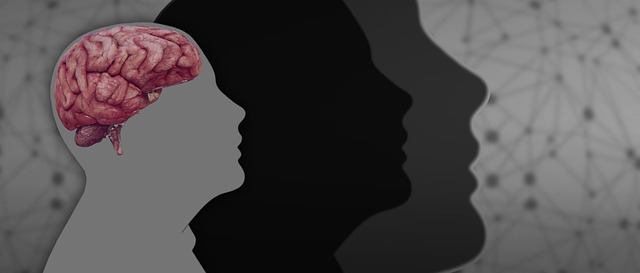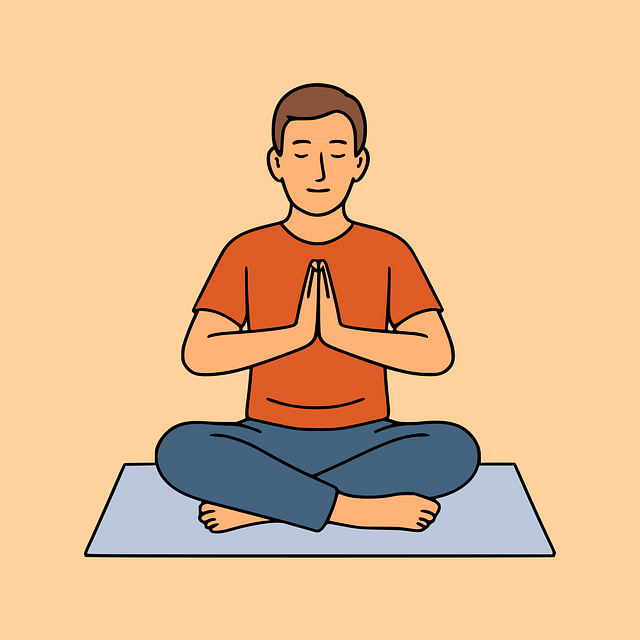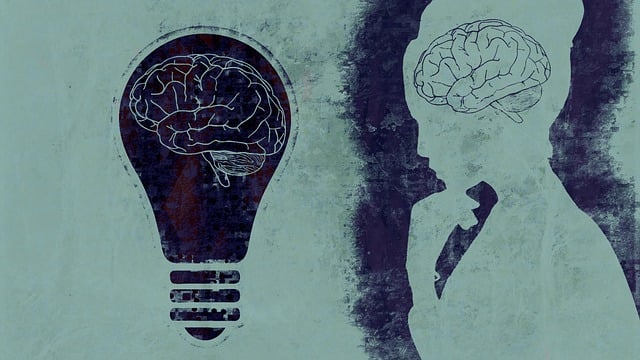Social skills are essential for maintaining positive relationships, mental well-being, and managing conditions like anxiety and depression, especially among women with mental health challenges. Boulder Women's Issues Therapy focuses on enhancing these skills through structured discussions, role-playing scenarios, and journaling exercises. Their tailored support, podcast series, stigma reduction efforts, workshops, and group therapy sessions create a supportive community, boosting self-esteem and confidence in social interactions, ultimately improving patient care and job satisfaction for healthcare providers.
Social skills training is a powerful tool for individuals with mental health conditions, offering a path to enhanced well-being. This article explores the profound impact of social connections on mental health, focusing on women’s unique challenges. We delve into effective therapies that teach essential social skills, provide practical strategies for everyday interactions, and emphasize the transformative power of group therapy in supportive communities. Discover how Boulder Womens Issues Therapy provides tailored support to empower women on their journey towards better mental health.
- Understanding Social Skills and Their Impact on Mental Health
- Identifying Challenges in Social Interactions for Women with Mental Health Conditions
- The Role of Therapy in Enhancing Social Skills
- Practical Strategies for Daily Social Interaction
- Building a Supportive Community: Group Therapy and Beyond
Understanding Social Skills and Their Impact on Mental Health

Social skills are crucial for navigating relationships and connecting with others, which significantly impacts mental health. They encompass a range of abilities, from effective communication and active listening to empathy and conflict resolution. For individuals dealing with mental health conditions, understanding and enhancing these skills can be transformative. In Boulder Womens Issues Therapy, professionals often emphasize the role of social skills in fostering better mental well-being, especially for those who struggle with anxiety, depression, or other challenges that may isolate them socially.
Developing strong social skills helps individuals build a supportive network, improve self-esteem, and enhance their overall sense of belonging. This is particularly relevant in healthcare settings where burnout prevention strategies are essential. Empathy building strategies, for instance, can lead to improved patient care and satisfaction. By focusing on these skills, healthcare providers, especially those in demanding fields like nursing or medicine, can better manage stress and prevent professional burnout, thereby positively influencing both their practice and personal mental health.
Identifying Challenges in Social Interactions for Women with Mental Health Conditions

Women with mental health conditions often face unique challenges when it comes to social interactions. In a society where societal norms and expectations can be overwhelming, they may struggle to navigate social situations comfortably. These challenges are multifaceted, impacting everything from everyday conversations to building meaningful relationships. For instance, women dealing with anxiety disorders might experience difficulty in group settings, while those battling depression could find it hard to maintain eye contact or express their feelings openly.
Boulder Womens Issues Therapy emphasizes the importance of understanding these intricacies and tailoring support accordingly. Using mind over matter principles, therapists guide individuals through techniques to enhance self-confidence and assertiveness. The Mental Wellness Podcast Series Production offers platforms for sharing experiences and strategies, fostering a sense of community and normalizing conversations around mental health. Moreover, mental illness stigma reduction efforts play a crucial role in creating a supportive environment where women can openly discuss their struggles and seek help without fear of judgment.
The Role of Therapy in Enhancing Social Skills

Therapy plays a pivotal role in enhancing social skills for individuals managing mental health conditions. Through structured discussions and evidence-based techniques, Boulder Womens Issues Therapy helps clients navigate complex interpersonal dynamics and build stronger connections. Therapists guide patients to identify and overcome barriers to social engagement, fostering an environment where they can learn, practice, and refine essential social skills.
In addition to direct skill-building, therapy sessions provide a safe space for individuals to process their experiences, emotions, and challenges related to their mental health. This introspective work equips them with the emotional resilience necessary for successful social interactions. By integrating effective coping strategies and stress management techniques—like those learned in Burnout Prevention and Self-Care Routine Development for Better Mental Health workshops organized by Stress Management Workshops Organization—clients can further enhance their ability to navigate social situations, promoting improved mental well-being and a more fulfilling social life.
Practical Strategies for Daily Social Interaction

Social skills training is an integral part of holistic mental health care, especially for those seeking support in Boulder Womens Issues Therapy. Practical strategies are essential to navigate daily social interactions with confidence and ease. One effective method is role-playing scenarios that replicate real-life situations, allowing individuals to practice their communication and relationship-building skills in a safe environment. This technique enables them to identify and overcome common anxiety triggers associated with social encounters.
Additionally, incorporating Mental Wellness Journaling Exercises can be transformative. By documenting thoughts and experiences, individuals gain valuable insights into their emotions and behaviors during interactions. Self-reflection, coupled with professional guidance, fosters positive thinking and self-esteem improvement. Encouraging clients to engage in these practices consistently can lead to significant advancements in their ability to engage and connect with others in various social settings.
Building a Supportive Community: Group Therapy and Beyond

Building a supportive community is an integral part of social skills training for mental health conditions. Group therapy sessions in Boulder Womens Issues Therapy provide a safe space where individuals can connect, share experiences, and learn from one another. This collective approach not only enhances emotional well-being but also fosters a sense of belonging, which is crucial for recovery. By engaging in group dynamics, participants develop empathy building strategies and improve their stress management skills through peer support and guided discussions.
Beyond group therapy, organizations like Stress Management Workshops offer valuable resources for cultivating a supportive community. Healthcare providers can also contribute by undergoing cultural competency training to better understand and address the unique needs of diverse individuals. These initiatives collectively promote an inclusive environment, ensuring everyone receives the care they need, fostering resilience, and enhancing overall mental health within the community.
Social skills training is a powerful tool for improving mental health, especially for women facing challenges in this area. By understanding the impact of social interactions on overall well-being and employing practical strategies, individuals can navigate social situations with greater confidence. Therapy plays a pivotal role in identifying specific difficulties and enhancing communication skills. Incorporating group therapy and building supportive communities further foster growth. For those in Boulder seeking support for women’s issues, specialized therapy can revolutionize social dynamics, enabling individuals to thrive in their personal and professional lives.














